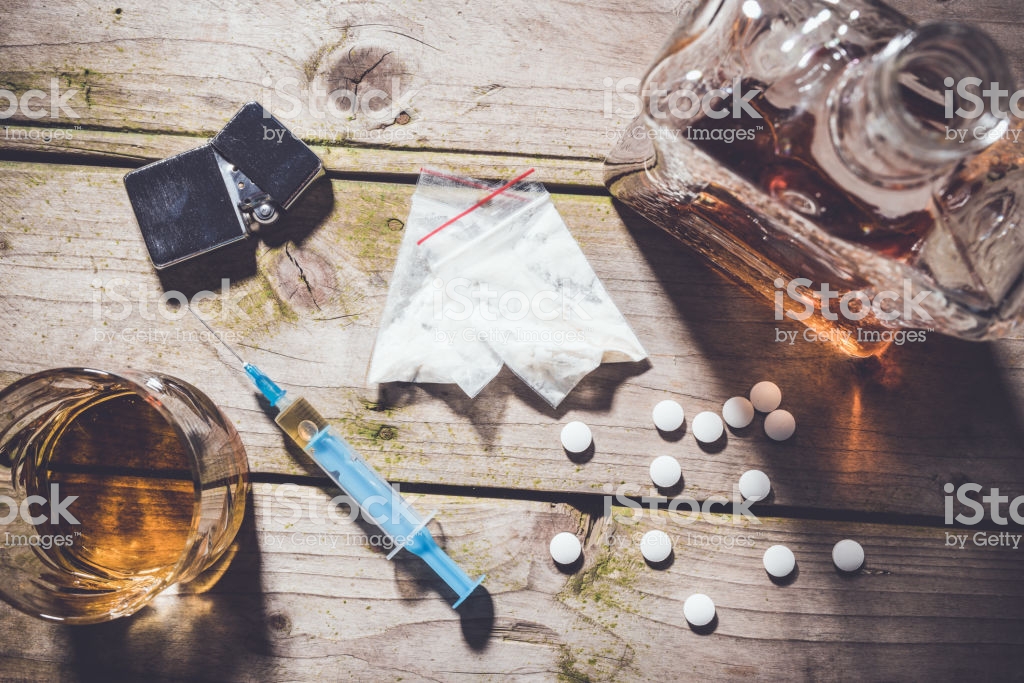Raymond Jaravaza
WALKING into Ingutsheni Hospital — the country’s biggest mental health referral institution — one is quickly hit by the stark realisation that the place is not for the faint hearted.
Bold words “Ingutsheni Hospital” inscribed on the entrance of the institutions’ administration block welcome whoever wants to enter the place.
A stroll further into the institution takes a visitor to the Khumalo Ward and a white painted door, broad and long, stands between those brought into Ingutsheni’s male admission ward and the purple clad patients that populate it. High pitched voices tell tales of the occupants of Khumalo Ward, one of the 14 wards at Ingutsheni where patients with varying degrees of mental illness are housed.
Now imagine a 16-year-old-boy admitted into the mental health institution, the sixth biggest hospital in Zimbabwe and one of the biggest mental health training institutions in Africa “to be treated” for a mental illness caused by drug abuse.
With the rampant abuse of drugs and illegal substances, especially among the youth making newspaper headlines, Ingutsheni Hospital’s heath awareness team recently posted on their Facebook page, the effects of drug abuse on youngsters. The team listed what they believe are the reasons for drug and illegal substance abuse such as the need by youths to satisfy their curiosity, seeking validation from their peers, the need to feel included in social groups and dealing with emotions like anger, loneliness and fear of rejection.
The team also tried giving parents and guardians, signs of drug abuse such as lack of interest in school, poor hygiene, stealing valuables, lots of unusual friends, sleeping for long hours, isolation and being prone to violent behaviour among other signs.
For an institution that had an in-patient register of 627 yesterday and over 2 400 out-patients per month, rising cases of drug abuse among the youth, which can sometimes lead to mental illness, are a cause for concern.
Ingutsheni Hospital clinical director, Dr Wellington Ranga, while acknowledging the effects of drug abuse among the youths and in communities in general, believes a holistic approach must be taken when tackling the scourge.
“The issue of drug abuse is a complex problem that needs a holistic approach. My view is that if one were to go to most boys high schools, they would find out that a huge number of boys smoke marijuana, but what is society doing about that?
“It’s only when one of those boys becomes psychotic and is admitted into Ingutsheni Hospital that parents stop and ask themselves why it happened.
“My other challenge is the way people look at Ingutsheni Hospital. They aren’t really subjective because issues of mental health are discussed based on what people have believed over the years,” said Dr Ranga.
The Ingutsheni Hospital boss said there is a worrying trend where people ask to bring groups of youths to the mental health institution as a way of trying to stop them (youths) from abusing drugs.
“There are a lot of issues to consider when dealing with mental health patients and yes, it’s known that they are prone to drug abuse, but there are also other issues such as bipolar disorders, schizophrenia and depression that must be factored in,” he said.
Dr Ranga said it is also worrying that society somehow ignores people that are into drugs, but only raises alarm bells when the situation deteriorates and the drug users are admitted into mental health institutions.
A clinical physiologist at the institution, Mr Tafara Manyoni, said it’s a misconception that young drug abusers are at a high risk of succumbing to mental illness compared to their older counterparts.
“Three individuals of different ages can take the same illegal substance but only one might succumb to mental illness because each and every person is different biologically.
“In some cases, it takes pre-existing conditions such as a history of mental illness in the family so drugs can trigger mental illness in an individual. It’s always important to evaluate each person on an individual basis rather than a blanket analysis.
“Continuous abuse of drugs does lead to reduced mental capabilities thus people are always urged to stay clean,” said Mr Manyoni.
A veteran of over 30 years in the mental healthcare sector, Mrs Vongai Chimbindi, who is the Ingutsheni Hospital public relations officer, said of late, youngsters between the ages of 16 to 19 have been admitted into the institution.
She, was, however, quick to point out that in as much as the patients files might include a history of drug abuse, it’s important not to jump to conclusions that illegal substance abuse is directly linked to the youngsters going off the wagon.
Mrs Chimbindi said the institution is sometimes invited to schools to talk about drug abuse as part of its health awareness initiative.
“We believe that prevention is better than cure thus whenever we get an opportunity to talk to youngsters, we always include the issue of drug abuse, which we all know is prevalent among the youths,” she said.
The most commonly abused drugs in Bulawayo are marijuana (mbanje) and BronCleer, a cough syrup which contains codeine and alcohol. In small doses, the cough syrup provides pain relief, works as a mild sedative and is relatively harmless. But continuous abuse will lead to permanent organ damage and can result in death. – @RaymondJaravaza. The Chronicle


